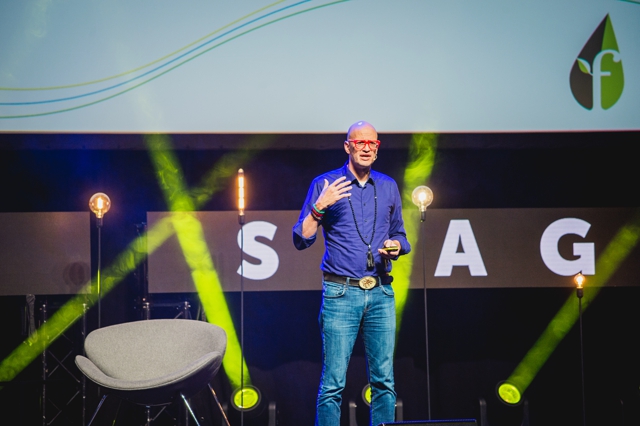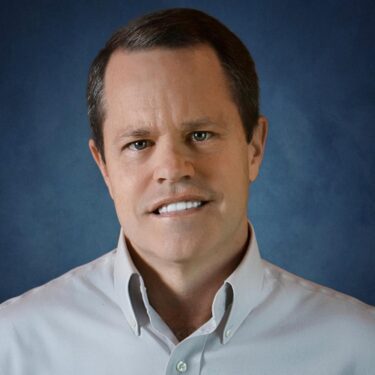The world’s largest pre-seed startup accelerator, the Founder Institute, unveils its joint pledge to support entrepreneurs that are building “impact companies” that address the 17 Sustainable Development Goals (SDGs) set by the United Nations.
With the idea that entrepreneurs can’t wait around on governments and other organizations alone to make the world a more sustainable place, the Founder Institute (FI) believes that the “biggest problems of humanity CAN and MUST be solved by entrepreneurs,” according to the joint pledge.
- Adeo Ressi
- Jonathan Greechan
Founder Institute Co-Founders Adeo Ressi (L) and Jonathan Greechan (R)
By focusing on supporting entrepreneurs who build “impact companies,” FI has made a commitment to supporting the UN in its sustainability goals, and to standardize the process, FI has come up with a framework for what constitutes an impact company, including:
- A mission that aligns with at least one of the UN’s 17 SDGs
- An offering that directly influences a measurement of impact, an Impact Key Performance Indicator (iKPI)
- Keeping the iKPIs updated and publicly available on a regular basis (i.e. weekly, monthly, quarterly, etc.)
Because this joint pledge is all about supporting impact, it would then follow that there should be ways of measuring impact, and that’s where the iKPIs come in.
Each iKPI relates to a sub-goal of the 17 SDGs.
For example, the UN SDG of “Zero Hunger” has multiple sub-goals, one of which that states:
“By 2030, end hunger and ensure access by all people, in particular, the poor and people in vulnerable situations, including infants, to safe, nutritious and sufficient food all year round.”
The Founder Institute lists three iKPIs that target that particular sub-goal:
- iKPI 2.1.1: Increased efficiency of logistical supply chains in agriculture which ensure access to markets and affordable food.
- iKPI 2.1.2: Number of people no longer classified as undernourished according to local/ national classifications.
- iKPI 2.1.3: Number of people removed from moderate or severe food insecurity according to local/ national classifications.
Through this system of indicating impact, innovative companies can align their strategies towards tackling specific challenges set forth by the UN, and more importantly, they can measure where they are at in their progress with full transparency to the public.
Each of the 17 SDGs has multiple sub-goals, and each sub-goal has multiple iKPIs, so there are plenty of impact targets that companies and organizations who have signed the pledge can strive towards hitting, and the list is still a work in progress and open to suggestions.
Those who have already signed the pledge include:
- Clyde Hutchinson, Founder of Viva Air Labs
- Conrad Egusa, CEO at Publicize
- Derrick Lewis, Founder of the Harlem Tech Summit
- Paul Orlando, Director of the USC Incubator at the University of Southern California
- Varelie Croes, Chief Innovation Officer for the Government of Aruba
- Adeo Ressi, CEO at Founder Institute
- Zack Weisfeld, Founder and General Manager, Intel for Startups
- Ron Oliver, Director of Startup Mexico
- Rachel Sheppard, Co-Creator of the Female Founder Initiative
- Edward Cullen, former Managing Director of Fordham Incubator at Fordham University, Professor at Purdue University
- Matt Heiman, Partner at Charles River Ventures
- Craig Corbett, Chairman of 150sec
- Jonathan Greechan, Co-Founder of Founder Institute
- Jim Glade, Publisher at Espacio Media Incubator
- Amyn Gillani, CEO at Talos Digital
- Laura González-Estéfani, CEO at The Venture City
“It will be up to entrepreneurs to work together with governments and large companies to create Impact Companies to solve humanity’s most pressing issues,” the FI pledge concludes.
This article features clients of an Espacio portfolio company.
Founder Institute takes world’s largest early-stage accelerator program virtual in 2020














